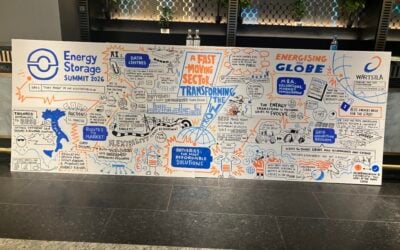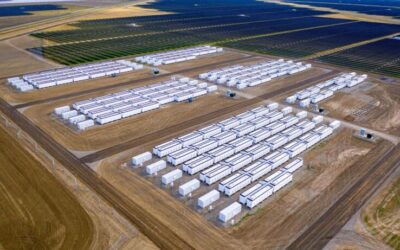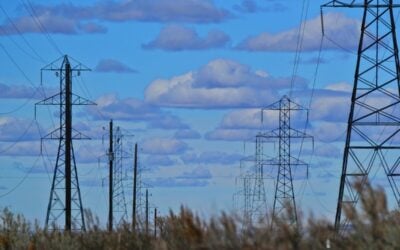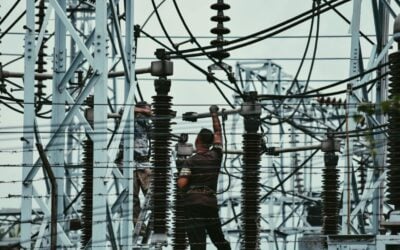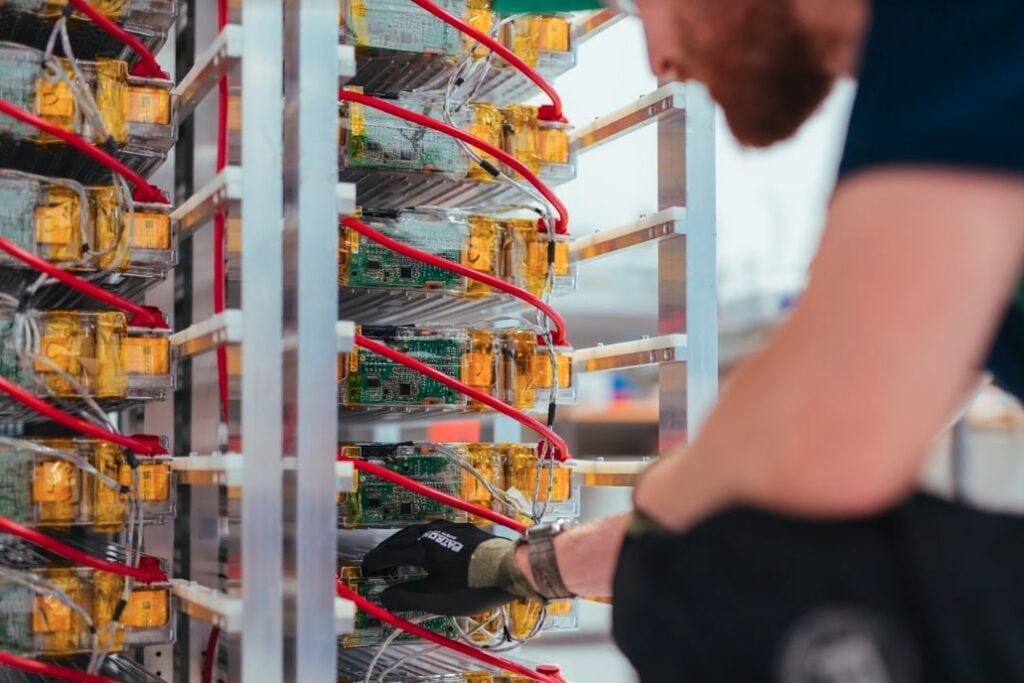
The US Department of Energy (DOE) has provided US$7.9 million for a 50MWh battery energy storage project using second life EV batteries in the ERCOT, Texas market, by Element Energy and NextEra Energy Resources.
The funding will support California-based Element’s 50MWh project with NextEra Energy Resources (NEER) at one of the latter’s wind farms in West Texas.
Element Energy has developed a proprietary battery management system (BMS) that it claimed unlocks the opportunity for mass deployment of second-life energy storage systems by overcoming two key challenges.
The first is providing enough performance and cycle lifetime guarantees to make the application commercially viable and the second is around safety and the need to improve thermal runaway prevention.
Try Premium for just $1
- Full premium access for the first month at only $1
- Converts to an annual rate after 30 days unless cancelled
- Cancel anytime during the trial period
Premium Benefits
- Expert industry analysis and interviews
- Digital access to PV Tech Power journal
- Exclusive event discounts
Or get the full Premium subscription right away
Or continue reading this article for free
It said its proprietary tech replaces traditional power conversion systems (PCS) with a ‘cost neutral-architecture that distributes power conversion’.
“Instead of controlling a megawatt-hour (MWh) scale battery as a single element with thousands of cells all subjected to the same use profile, Element’s technology independently controls the power flowing in and out of each module,” a press release said.
The project will showcase Element’s technology in a real-world grid application, and was one of five proposals using second life energy storage systems.
Another project to receive DOE funding for second life demonstrations was one by Smartville, the president of which, Mike Ferry, was recently interviewed by Energy-Storage.news. RePurpose Energy also received US$6 million for its microgrid project using a second-life energy storage system which will specifically test its software for measuring the state of health (SOH) of such a system.
The fourth and fifth recipients were both universities. Tennessee Technological University will get US$4.5 million for its development of mobile EV charging stations utilising second life EV batteries while the University of Alabama will get US$4 million for its project looking at second life systems using batteries with varying levels of degradation.
Energy-Storage.news has been researching the topic of second life energy storage in-depth in recent months and a special feature will appear in the next edition of PV Tech Power, sister site PV Tech’s quarterly journal on the downstream solar and energy storage sectors.
Energy-Storage.news’ publisher Solar Media will host the 5th Energy Storage Summit USA, 28-29 March 2023 in Austin, Texas. Featuring a packed programme of panels, presentations and fireside chats from industry leaders focusing on accelerating the market for energy storage across the country. For more information, go to the website.

